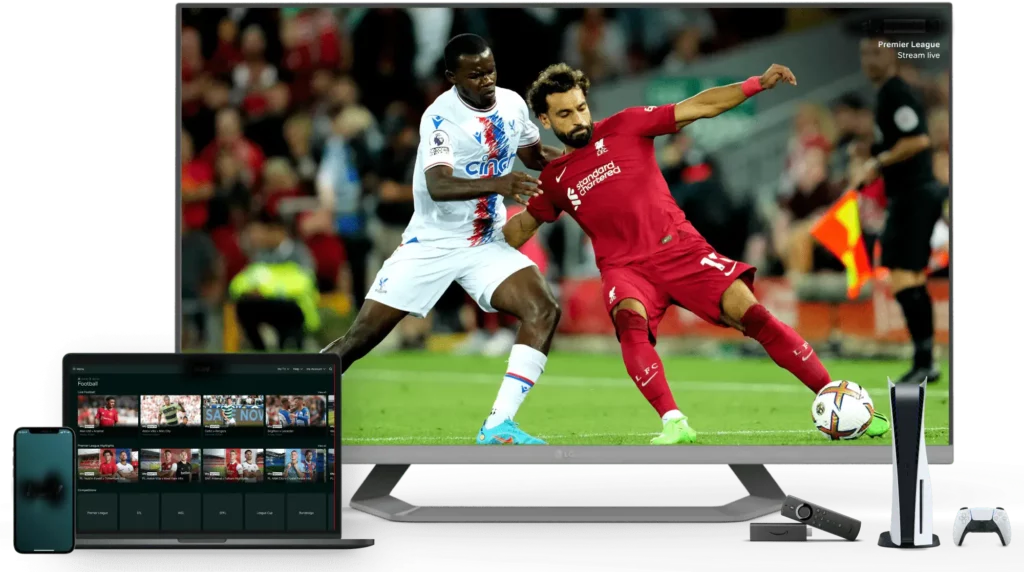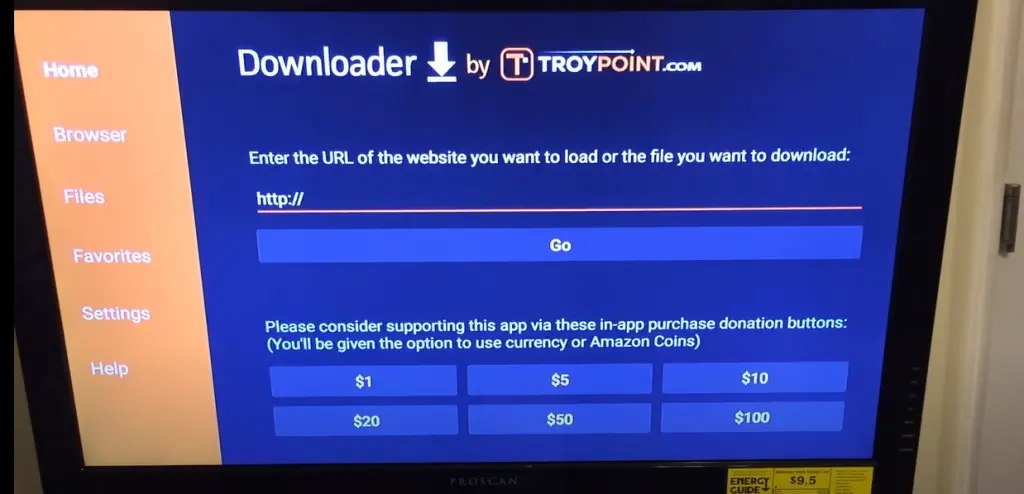How To Stop IPTV Buffering
IPTV stands for “Internet Protocol Television,” a rapidly growing technology that’s changing the way we watch TV. With IPTV, you can stream TV channels over the internet on your smart TV, computer, or mobile device — no cable box required.
However, the smooth streaming experience can be marred by occasional buffering issues. This happens when the data stream (video) takes longer to load than the speed at which the video plays. As a result, you get a stuttering or freezing effect on your screen. It can be frustrating, especially if you’re watching an important match or show. Here’s how to prevent IPTV buffering and enjoy seamless streaming.
1. Check Your Internet Connection
The most common reason for IPTV buffering is a weak or unstable internet connection. Before you troubleshoot your IPTV, make sure that your internet speed is up to snuff. Ideally, you should have a minimum speed of 10 Mbps for HD streaming and 25 Mbps for 4K UHD streaming. Run an online speed test on your device to check your upload and download speed. Ensure that no one is using up too much bandwidth on your network and avoid downloading or uploading heavy data while streaming your IPTV.
2. Use Ethernet Instead of Wi-Fi
Wi-Fi networks are more prone to interference and congestion than Ethernet cables, which can cause buffering. Try connecting your device directly to your router with an Ethernet cable, bypassing Wi-Fi altogether. You can also use a powerline adapter to extend your network’s reach for a stable Ethernet connection.
3. Choose the Right IPTV Provider
Not all IPTV services are created equal. Some providers offer subpar service that’s prone to buffering, while others offer reliable streaming. Do your research and choose a reputable IPTV provider that has an excellent track record of delivering high-quality service. Read up on user reviews and compare different plans before making a final decision.
4. Clear Cache and Delete Temporary Files
Your device’s cache and temporary files can accumulate over time, taking up to much-needed space and causing buffering issues. Periodically clear your device’s cache to free up space and delete unwanted temporary files. You can use a third-party app or do it manually. Check your device’s settings for options to clear cache and storage.
5. Adjust Your Video Quality
The higher the video quality, the more data it requires to stream smoothly. If you’re experiencing buffering frequently, try reducing your video quality to SD or 720p. This level of quality requires less bandwidth, reducing the chances of buffering. Some IPTV providers let you set your preferred video quality in the settings of the app or website.
6. Use a VPN
Sometimes, your ISP (internet service provider) or government may throttle your internet speed, especially if they detect heavy data usage over IPTV. This can cause buffering. Using a VPN (virtual private network) encrypts your network traffic, virtually hiding it from your ISP’s prying eyes. This reduces the chances of throttling and can improve your streaming experience.
Conclusion
Buffering is a common issue that many IPTV users face. Fortunately, there are several ways to prevent or reduce it. Start by checking your internet connection, switching to Ethernet, choosing the right IPTV provider, clearing cache, and adjusting your video quality. If all else fails, using a VPN may help. So, don’t let buffering spoil your viewing experience. Follow these tips to enjoy uninterrupted IPTV streaming.
Get your subscription today: iptvuk.uk






